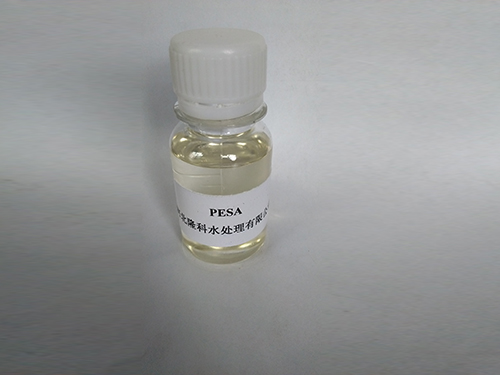limescale inhibitor
Understanding Limescale Inhibitors A Key Solution for Hard Water Issues
Limescale is a common issue in many households, particularly those with hard water. This mineral buildup, primarily composed of calcium carbonate and magnesium, can cause numerous problems in plumbing and appliances. Limescale can lead to decreased efficiency, increased energy consumption, and even premature equipment failure. To combat these challenges, limescale inhibitors have emerged as effective solutions. In this article, we will explore what limescale inhibitors are, how they work, and their benefits for households and industries alike.
What are Limescale Inhibitors?
Limescale inhibitors are chemical or physical agents specifically designed to prevent or reduce the formation of limescale in water systems. They work by altering the properties of the minerals present in hard water, preventing them from crystallizing and bonding to surfaces. This helps keep pipes, boilers, and appliances free from the detrimental effects of limescale.
There are two primary types of limescale inhibitors chemical and physical.
1. Chemical Inhibitors These include substances such as phosphates, polyphosphates, and certain organic compounds that sequester calcium and magnesium ions. By binding these minerals in solution, chemical inhibitors prevent them from forming solid limescale deposits.
2. Physical Inhibitors These technologies, including magnetic and electronic descalers, alter the physical properties of minerals without introducing any chemicals into the water. For example, magnetic descalers create a magnetic field that changes the behavior of calcium and magnesium ions, preventing them from crystallizing into limescale.
How Do Limescale Inhibitors Work?
The effectiveness of limescale inhibitors hinges on their ability to modify the solubility and crystallization processes of hardness minerals. When hard water is heated, calcium and magnesium ions tend to precipitate out of the solution, forming solid deposits. However, limescale inhibitors disrupt this process.
Chemical limescale inhibitors act by chelating calcium and magnesium ions, effectively making them more soluble and preventing them from forming precipitates
. This keeps the ions in the water in a dissolved state, thereby increasing the lifespan of plumbing systems and appliances.limescale inhibitor

On the other hand, physical inhibitors alter the morphology of limescale crystals that form. Instead of growing into large, sticky deposits, the crystals remain small and less likely to adhere to surfaces. As a result, they can be flushed away more easily by the flowing water.
Benefits of Using Limescale Inhibitors
The use of limescale inhibitors offers a wide array of benefits for both residential and commercial settings
1. Maintenance Reduction Regular use of limescale inhibitors can significantly reduce the frequency and costs associated with maintenance and repair of appliances. This is particularly important for water heaters, dishwashers, and washing machines which are often affected by limescale buildup.
2. Energy Efficiency Limescale deposits can act as insulators, making heating appliances work harder to maintain water temperature. By preventing limescale buildup, energy efficiency improves, leading to lower utility bills.
3. Extended Lifespan of Appliances By reducing corrosion and wear on plumbing and appliances, limescale inhibitors can extend their operational life. This translates to cost savings for households and businesses alike.
4. Environmental Impact Many chemical limescale inhibitors are environmentally friendly, especially when compared to descaling solutions that may contain harsh chemicals. Physical inhibitors do not introduce any substances into the water, making them a sustainable choice.
5. Improved Water Quality Reducing limescale not only improves the efficiency of water systems but also enhances the overall quality of water used in households. This can have a positive impact on the taste and clarity of drinking water.
Conclusion
Limescale inhibitors serve as an essential solution for managing hard water problems. Whether you are dealing with a home appliance or industrial machinery, the prevention of limescale formation can lead to significant benefits in efficiency, maintenance costs, and environmental impact. As awareness of the detrimental effects of limescale continues to grow, the adoption of limescale inhibitors will likely increase, paving the way for more sustainable and efficient water management practices. By investing in these solutions, homeowners and businesses can ensure the longevity and efficiency of their water systems, ultimately enhancing their daily operations and improving quality of life.
-
Water Treatment with Flocculant Water TreatmentNewsJun.12,2025
-
Polymaleic AnhydrideNewsJun.12,2025
-
Polyaspartic AcidNewsJun.12,2025
-
Enhance Industrial Processes with IsothiazolinonesNewsJun.12,2025
-
Enhance Industrial Processes with PBTCA SolutionsNewsJun.12,2025
-
Dodecyldimethylbenzylammonium Chloride SolutionsNewsJun.12,2025





